Importance of Business Data Backup
In the digital age, enterprises of all sizes are grappling with more data than ever before, making it challenging to ensure data security. As is well known, business data (financial records, customer information, marketing metrics, sales figures, operational data, and more) is not immune to data loss.
Data loss may stem from several common reasons, such as cyberattacks, hard drive failures, natural disasters, human errors, power outages, and so on.
Regardless of the reason, the consequences are serious: system downtime happens, customers are disappointed, the organization loses revenue, and employees face stress. For big businesses, the loss may be recoverable. However, a single data loss/leak may mean permanent closure for small businesses.
Making a data backup for a business is crucial to protect against data loss, ensure business continuity, and maintain the smooth operation of daily activities. With the available backups, your corporation can perform a fast recovery in case of system crashes and data loss. This significantly reduces the downtime to guarantee business continuity, protects sensitive customer information to maintain customer trust, protects the company’s reputation, and provides employees with peace of mind.
Factors to Consider When Choosing the Right Backup Solution for Small Business
What are the best backup solutions for small businesses? Before choosing it, you should take some factors into consideration. Here are some key points.
Assess Business Needs
Data volume and type: It is essential to know how much data you need to back up and select a proper solution with sufficient storage capacity. Importantly, consider if it needs to be scalable for future growth. Besides, check which types of files (documents, photos, videos, etc.) you want to back up and their storage demands.
Remote Access: If your employees need to work remotely, make sure the solution you use supports remote backup.
Operating Systems (OSs): The best backup solutions for small businesses should be compatible with the operating systems used, such as Windows, macOS, Linux, etc.
Recovery Time Objective (RTO) and Recovery Point Objective (RPO): Consider how quickly you need to restore data after a loss and how much data loss your company can tolerate.
Budget: When selecting the right business data backup solution, remember to consider upfront costs, long-term scalability, and hidden/ongoing fees.
Prioritize Security
The data backup solution for small businesses should support data encryption to protect data from unauthorized access. What’s more, the solution should abide by data protection laws and relevant industry regulations. If possible, find the solution that supports ransomware protection.
Consider Different Backup Types
Companies keep producing a variety of files and folders. For the best data backup solutions for small businesses, you can consider different backup types, including full, incremental, and differential backup.
Full Backup: This provides a complete backup since it copies all the selected data, which takes much time and requires an amount of storage space.
Incremental Backup: It backs up only the changed or newly added data since the last backup, either full or incremental. Relatively, this backup type saves time and storage.
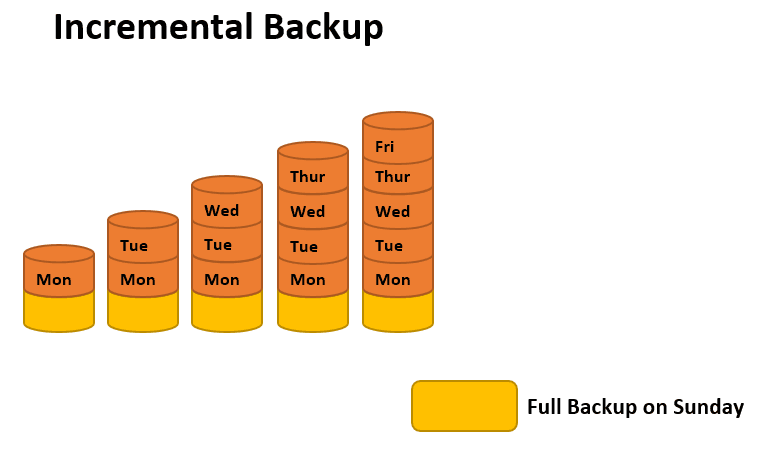
Differential Backup: It backs up only the changes since the last full backup, which needs more storage space compared to incremental backups.
Explore Backup Options
It is important to consider the backup options when choosing the best backup solutions for small businesses. Generally, they can be divided into three categories, catering to specific needs and preferences.
#1. Local Backup
Typically, a local backup solution involves storing data on physical devices located on-site or on-premises. This method makes data recovery quick in case of a localized issue, since the backups are readily accessible.
- External hard drives and USB flash drives: Small businesses with moderate data volumes can connect an external hard drive or USB flash drive to a computer and back up data to that connected device. This option is cost-effective.
- Network Attached Storage (NAS): NAS devices are connected to a network, allowing multiple devices to access and share files from a central location.
#2. Cloud Backup
Cloud backup for small businesses involves storing the data of organizations on remote servers that can be accessed over the internet. This approach offers a secure way to keep critical data from hardware failures, natural disasters, virus attacks, and other data loss events.
#3. Hybrid Backup
By creating local and cloud backups, this approach combines the speed and convenience of local backups with the security of cloud backups. This offers a robust data protection solution.
To select the best backup solution for a small business, in addition to those, here are some factors to take into account, such as backup frequency, backup schedule, user-friendly interface, customer support, etc.
Top 4 Small Business Data Backup Solutions
We list the 4 best backup solutions for small businesses here to keep business data safe.
MiniTool ShadowMaker
MiniTool ShadowMaker Business (the Standard and Deluxe editions) is a top data backup and recovery software for businesses of all sizes because of its rich features, reliability, and cost-effectiveness. It fully supports Windows 11/10/8/7 and Windows Server 2022/2019/2016 and works well on PCs, servers, and workstations.
Let’s explore some highlights.
- Creates backups for various data types, including file backup, folder backup, disk backup, partition backup, and system backup, delivering continuous business data protection.
- Takes less time to perform disaster recovery under different situations like a ransomware attack, hard drive failure, system crash, BSOD error, etc., bringing minimized downtime & disruption of your business.
- Automates backup tasks by scheduling a plan like daily, weekly, monthly, or on an event, improving business efficiency and reducing costs.
- Allows you to set a smart backup scheme (full, incremental, or differential) to flexibly protect business data, meanwhile, delete old backup versions to free up storage space on the target device.
- Supports saving backup images to external hard drives, USB flash drives, NAS devices, DAS devices, and more.
- Supports remote backup, enabling you to backup all PCs and servers within the same local area network (LAN) from a host computer.
- Offers support for cloning HDD to SSD and moving Windows to a drive in addition to image backup, making it simple to perform a disk upgrade or PC-to-PC transfer.
- Provides password protection for the image backup files, as well as two data encryption methods (normal & AES128) to safeguard critical business data.
In terms of the main demerit of MiniTool ShadowMaker Business, this backup software doesn’t offer cloud backup support. You can create business data backups and store the backups in a USB drive, external hard drive, NAS, DAS, and other devices connected to the computer or server.
So, how to back up data for small businesses with this backup program? Take these steps.
Step 1: Connect an external drive or another storage device to your server or computer.
Step 2: Download the trial edition of MiniTool ShadowMaker Business. Then, follow the instructions to install and launch it.
MiniTool ShadowMaker TrialClick to Download100%Clean & Safe
Step 3: Head to the Backup page. By default, the current system partitions are selected. To back up business data, go to SOURCE > Folders and Files, tick the boxes of the items you wish to back up, and click OK.
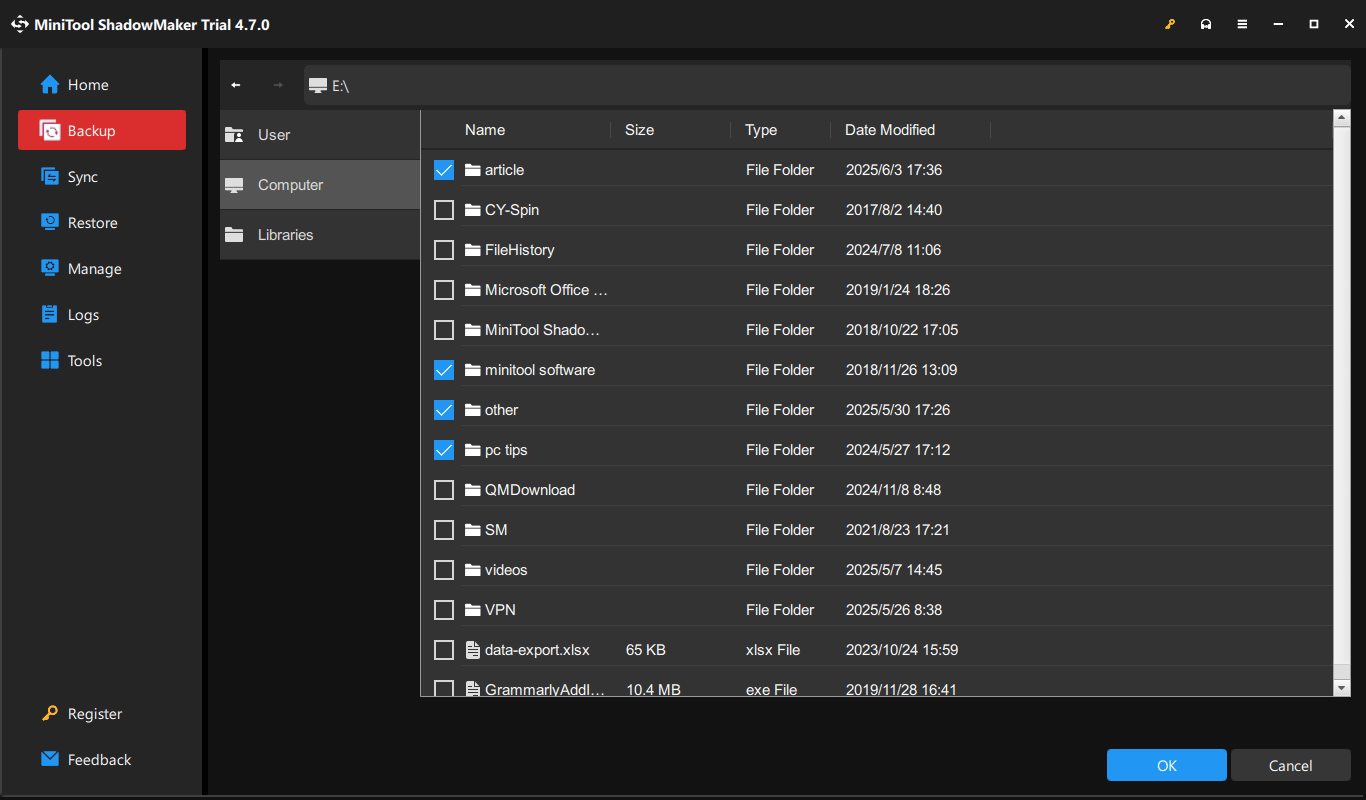
Step 4: Click DESTINATION to choose the connected storage device to save the backed-up business data.
Step 5: You can make advanced settings for your business data by hitting Options.
Enable password protection: Under Backup Options, go to Password, switch the toggle to the on status, enter a password, confirm the password, choose a data encryption option, and click OK.
Set a backup scheme: In Backup Scheme, configure the incremental or differential backup scheme to create only the changed data and delete old backups at the same time.
Automatically back up data: Under Schedule Settings, enable this feature, and choose a schedule plan to back up critical business data.
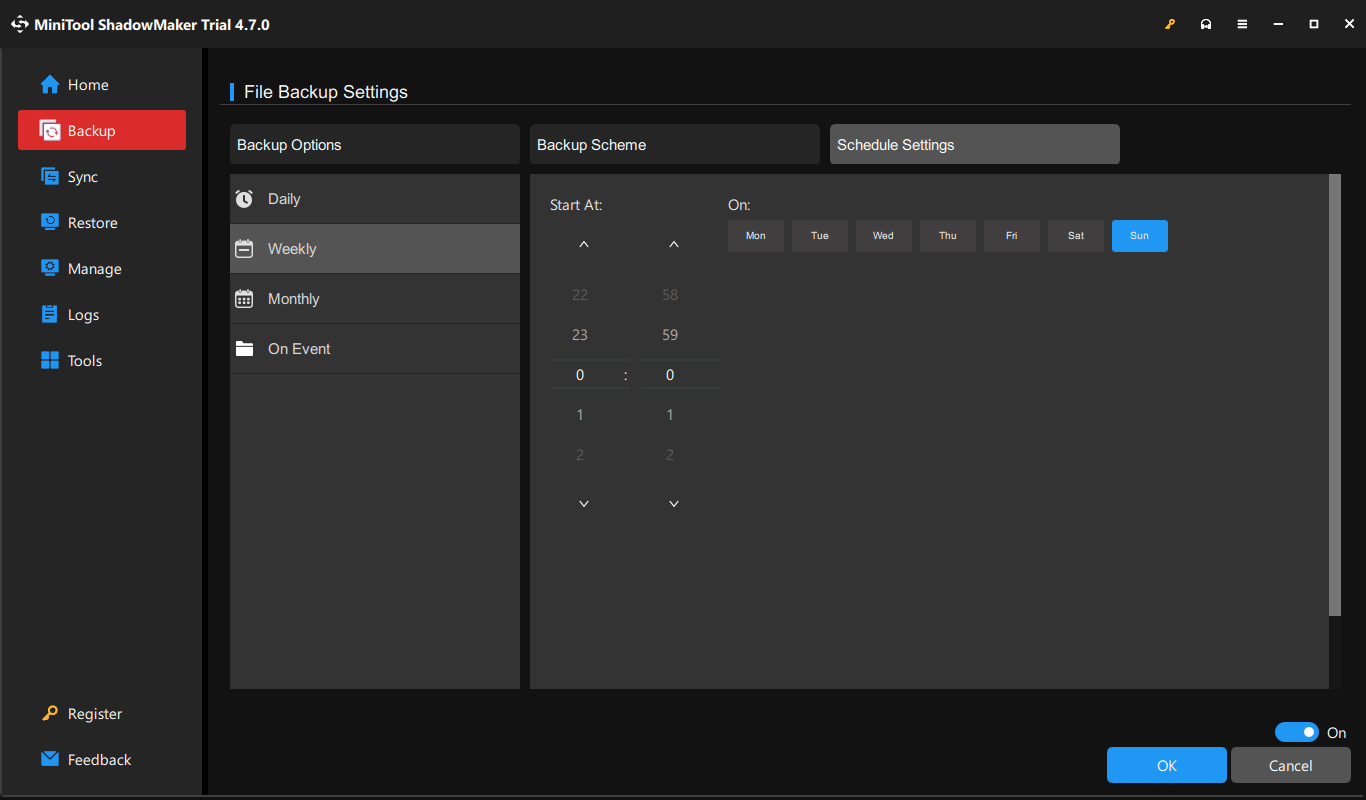
Step 6: Finally, click Back Up Now to execute the backup task immediately.
Backblaze
Backblaze is one of the best cloud backup solutions for small businesses. It is famous for its simplicity, affordability, and reliable data protection among small businesses. Backblaze has two main products such as B2 cloud storage and computer backup for PCs and Macs, targeting businesses and personal markets.
B2 cloud storage is built for the open cloud and allows you to choose the vendors you prefer. It is always performant and secure. The Backblaze computer backup service allows backing up to its own secure data centers and directly connected external hard drives.
This small business backup solution offers continuous backup, supports automatic backups for computers, and always ensures backups are secure and encrypted. It plays an important role in securing critical business data, minimizing downtime, and increasing cybersecurity.
Cons: Backblaze lacks advanced customizations like full disk image backups, file sync, and network drive support.
How to run Backblaze for computer backup? Here is a simple guide.
Step 1: Create a Backblaze account and set it up.
Step 2: Install the Backblaze client.
Step 3: Configure settings for computer backups, such as setting up a backup schedule, configuring preferences, etc.
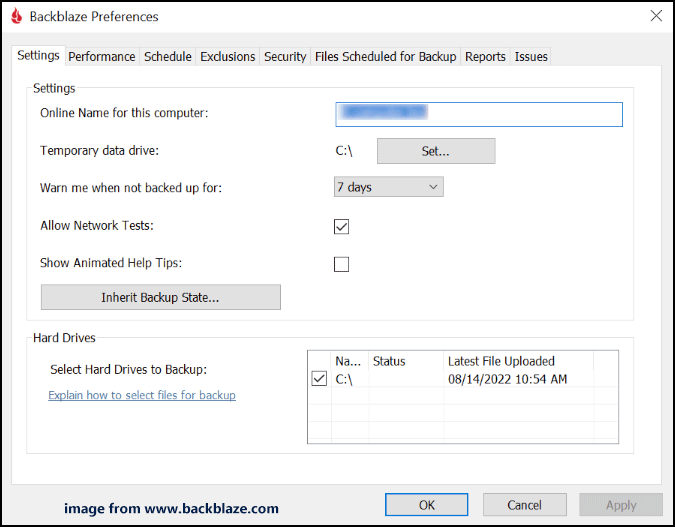
Step 4: Back up business data.
For details, refer to the help document on how to get started.
Carbonite Safe
If you are looking for the best online backup solutions for small businesses, Carbonite Safe is worth recommending.
It is popular due to its powerful features. To be specific, it supports automatic and continuous cloud backup to protect files, including documents, photos, music, videos, and additional types of files (live apps, databases, etc.) from data loss. Besides, Carbonite Safe offers unlimited storage space, without worrying about paying extra for more space.
All data backed up is encrypted at rest and in transit, which makes the data secure and private. It works well on Macs and Windows computers and supports servers and up to 25 computers, making it a reliable choice for business and personal use. Moreover, it integrates with Windows Explorer for data selection, making it easy to use.
Cons:
- Lack of features like block-level backups and image-based backups
- Slow to upload large files and complete long-running backups
- The price is high if businesses need to back up multiple computers or more storage space
- Lack of local backup options (such as external hard drives) in its basic plans
See a guide on how to run Carbonite Safe for business data backup:
Step 1: Sign in to a Carbonite account, download the setup file, and install it on your computer.
Step 2: Configure backup settings: automatic settings (allow this software to choose which data to backup) or advanced settings (manually choose what to backup).
Step 3: Begin the backup process.
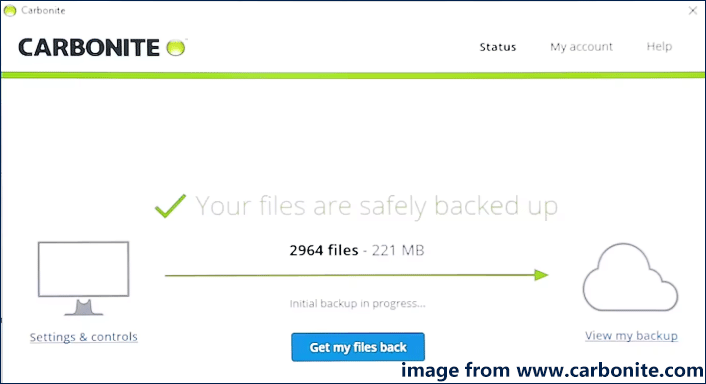
Acronis Cyber Protect
It is an all-in-one on-premises and cloud backup solution for small businesses, allowing you to create backups for individual files and the entire system. Acronis Cyber Protect can safeguard your data with integrated protection, cybersecurity, endpoint management, vulnerability assessment, anti-ransomware, anti-malware protection, etc.
Besides, it allows you to store backups to various locations, such as local drives, cloud storage, a Secure Zone, network folders, and NFS folders.
Also, this business data backup solution supports creating full, incremental, and differential backups, as well as automated backups.
Cons:
- High cost
- Slow backups and restores
Steps to run Acronis Cyber Protect to back up your business data:
Step 1: Install this data backup solution on your PC or server.
Step 2: Click Backup and choose what you want to backup, for example, files/folders.
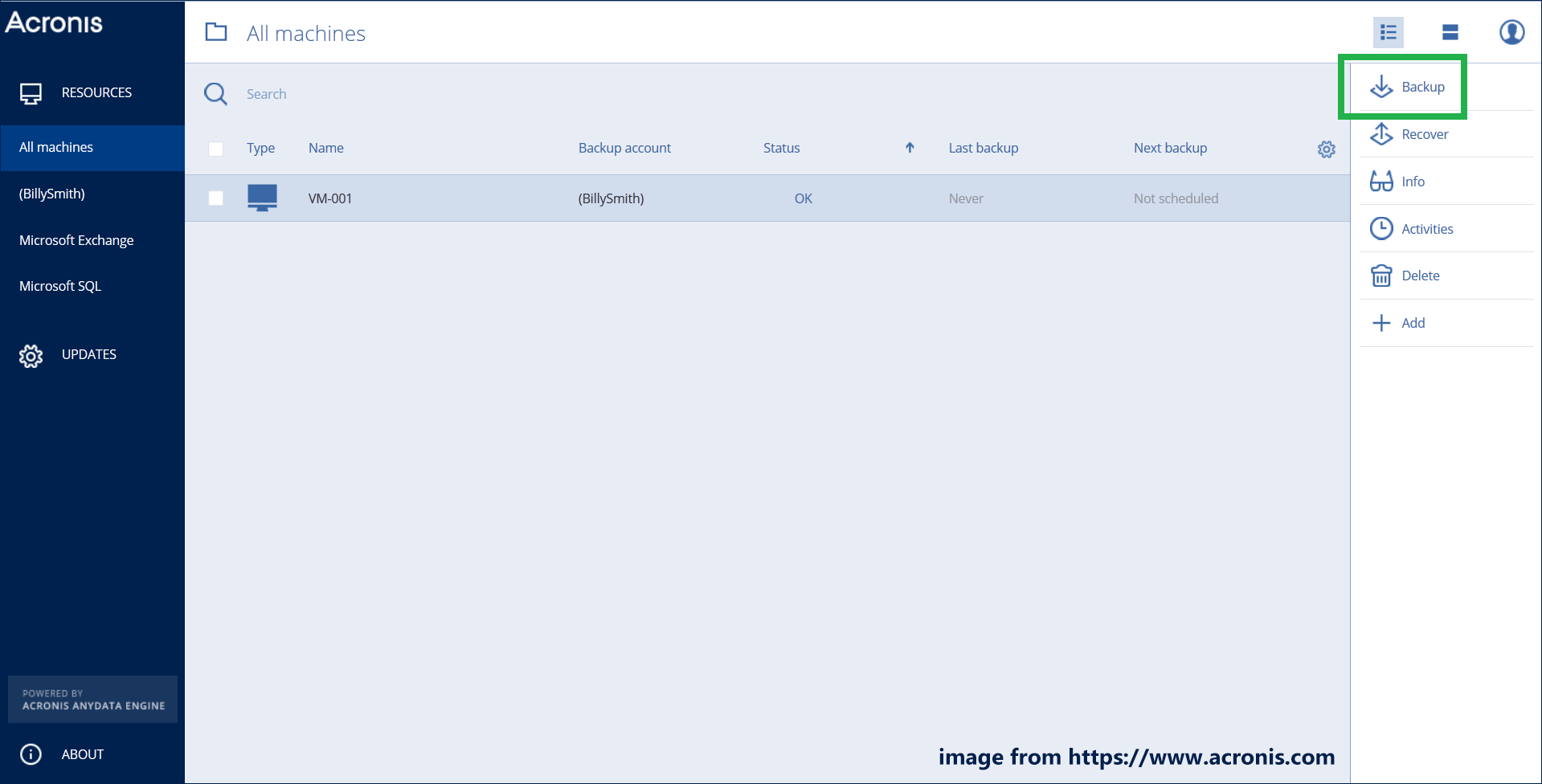
Step 3: Decide where to back up.
Step 4: Adjust the backup schedule and cleanup scheme as per needs.
Step 5: Hit Apply to begin the backup.
Other Recommended Best Backup Solutions for Small Businesses
In addition to those 4 best data backup solutions for small businesses, here are several data backup services for you to choose from.
- IDrive Business
- CrashPlan
- SpiderOak One
- MSP360
- Veeam Backup & Replication
Wrapping Things Up
It is essential to perform business data backups to safeguard the critical data in your company. Before selecting the best backup solutions for small businesses, consider some factors and then use one of the given data backup services to implement the data backup and save backups to an external device or the cloud as per needs.
This comprehensive guide covers everything you want to know. We hope that your business data is well-protected.
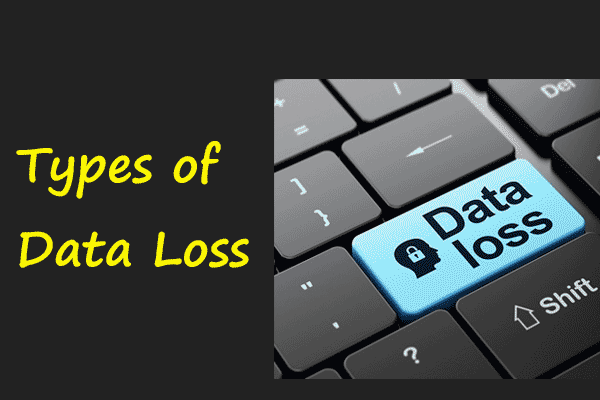
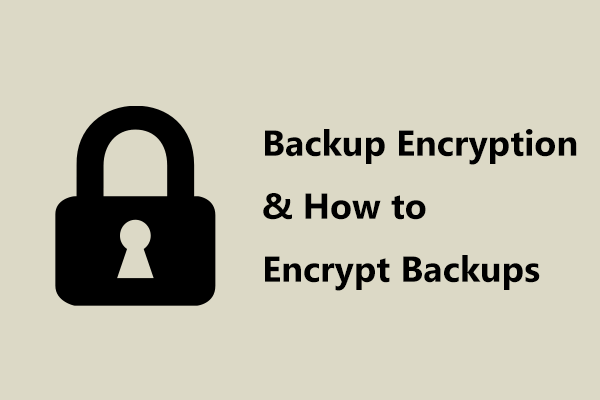
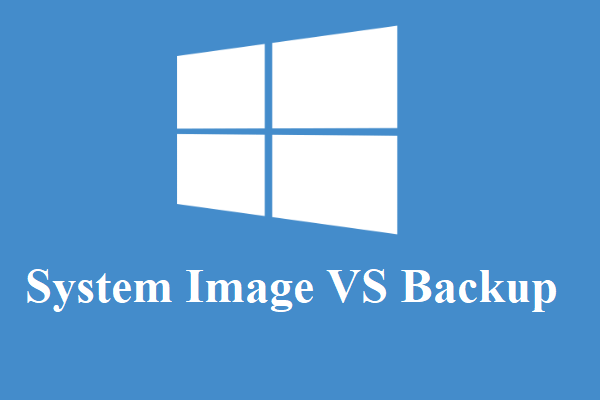
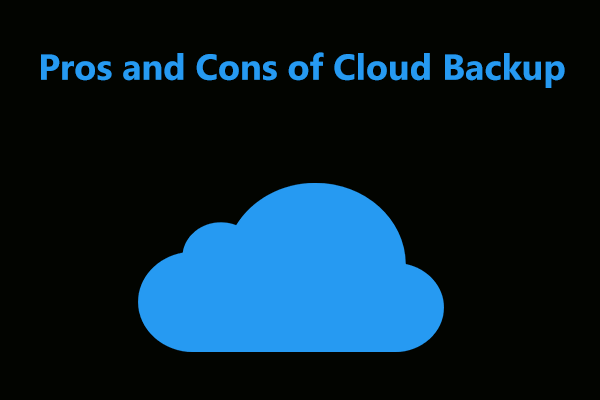
User Comments :